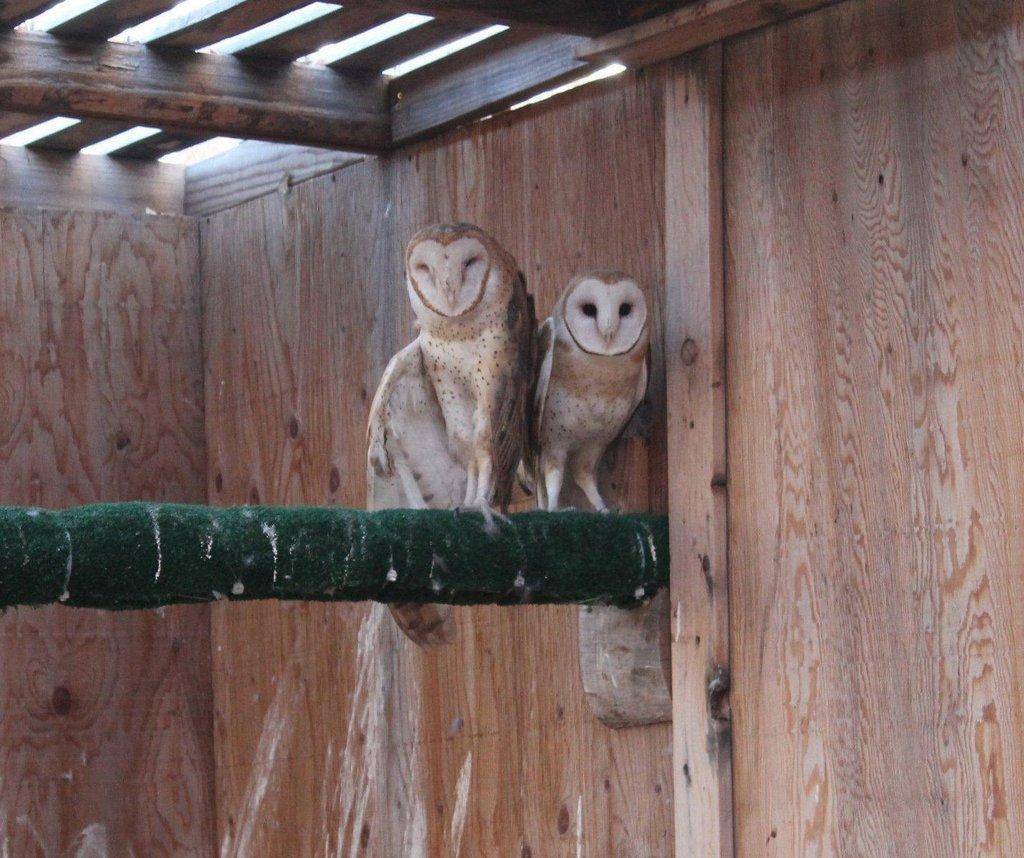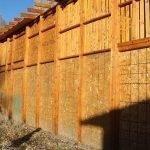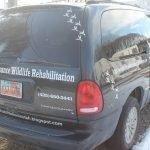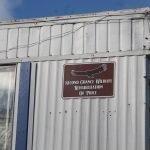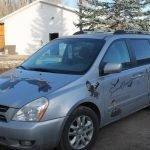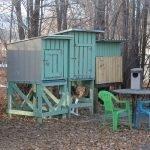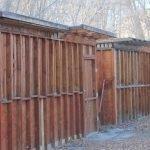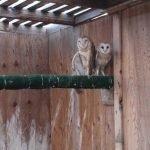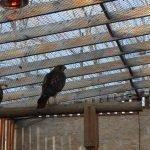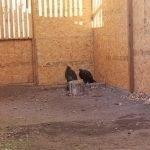Debbie Pappas began her journey in animal rehabilitation nearly 25 years ago. From there, Pappas had a deep desire to continue her work on her own, which is how Second Chance Wildlife Rehabilitation was created in 2001.
Second Chance is a 501C3 nonprofit organizations that is run 100% on donations; no funding is brought in from the Wildlife Department or any other entity. Pappas stated that she dreamed to open Second Chance upon moving to the area from Salt Lake City and learning that wildlife rehabilitation issues are not directly handled by the Division of Wildlife Resources (DWR).
A lot of time and effort went into creating Second Chance. Pappas stated that she had to find the right property, build her own facility and have it inspected by a rehabilitator before opening her doors. Pappas had the time and ability to step in and become a resource for these injured or otherwise endangered animals.
Pappas takes in all types of wildlife that is permitted through the state of Utah. She has worked largely and most usually with animals that have been struck or ran into vehicles but also sees diseased animals, animals that are injured due to illegal activity and more. Pappas has dealt with many open cases that have never been solved, including protective species being shot, such as hawks, owls and eagles.
Second Chance welcomes nearly 450 patients per year with, generally, only two volunteers on hand. Pappas stated that other rehabilitation centers in the state see that many patients with 15 to 20 people on hand.
Connie Waddell is Pappas’ sub-permittee on her license and neither Pappas nor Waddell take pay for their work. Pappas expressed that they simply do the work because they enjoy it.
“We are a pretty amazing facility, if I do say so,” Pappas stated.
Waddell and Pappas respond to calls on injured and distressed animals from the community, dispatch, DWR, Forestry, Bureau of Land Management (BLM), Utah Highway Patrol and more. Second Chance covers all wildlife, excluding deer, raccoons, red foxes, coyotes and striped skunks. Those animals are a restriction from the state of Utah for the rehabilitation centers to treat.
Domesticated animals such as cats, dogs, pet rabbits and the like are also not treated at Second Chance in most cases. However, Pappas welcomes all wildlife that the state of Utah allows legally, such as squirrels, chipmunks, beavers, great blue herons, eagles, owls, hawks and more.
Pappas is on call at all times and covers several regions: the Southeast, Eastern, Central and a portion of the Northeast Region. Pappas’ license is for the entire state and she is able to welcome animals from different regions in the case of split-second emergencies.
Second Chance welcomes volunteers. However, Pappas stated that there has been issues in keeping solid volunteers in the past. Nobody under 21 is permitted to volunteer and they must be able to show that they are reliable workers. An interview process also must be completed for those that wish to volunteer.
When prompted to choose a favorite aspect of wildlife rehabilitation, Pappas stated that she works for the animals and her job is to ensure that they are not suffering.
“[My favorite thing is] turning insurmountable odds into survival stories,” Pappas stated.
Pappas’ facility is based out of Carbonville in Price. To contact Pappas on volunteer opportunities or regarding an animal in need of care, call (435) 650-3441. The DWR and dispatch can also direct individuals to Pappas and Second Chance.

